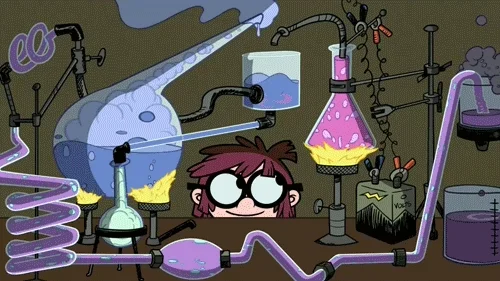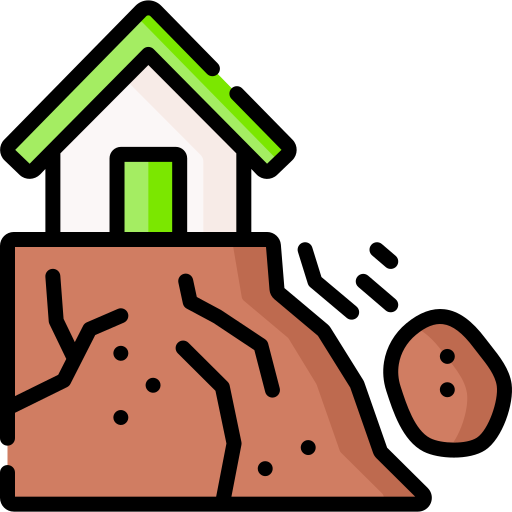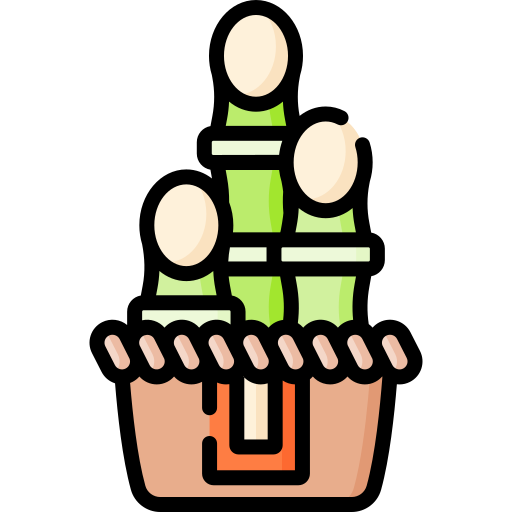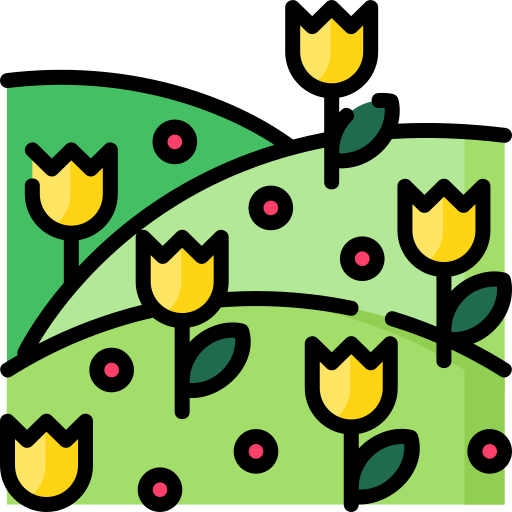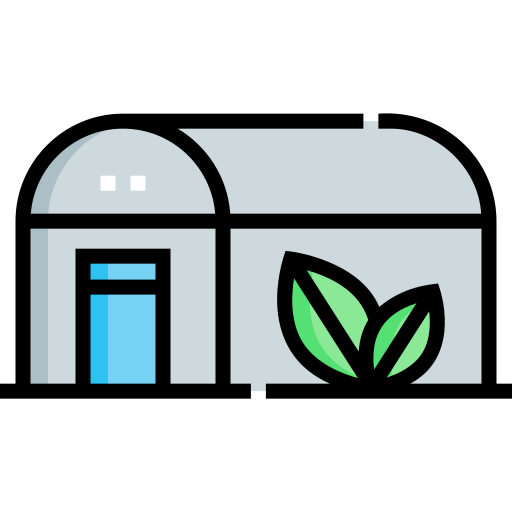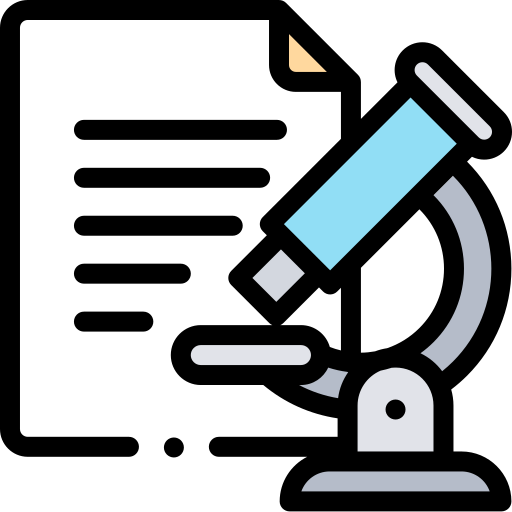
This logo isn't an ad or affiliate link. It's an organization that shares in our mission, and empowered the authors to share their insights in Byte form.
Rumie vets Bytes for compliance with our
Standards.
The organization is responsible for the completeness and reliability of the content.
Learn more
about how Rumie works with partners.
If you're anything like me, you love plants. Have you considered studying botany?
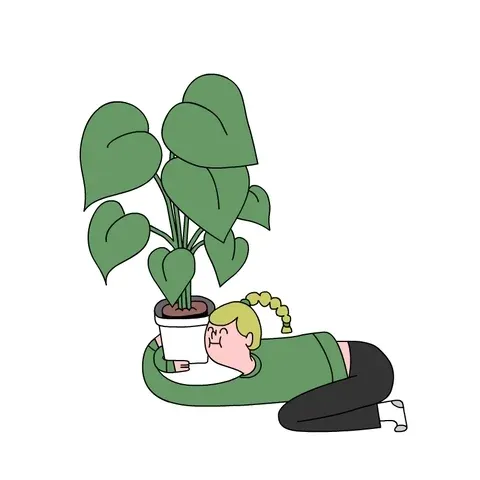
Botany is the study of plants, their structure, classification, locations, and general biology.
It's a subject that's used in medicine, healthcare, and research. If you've chosen to study botany and continue your love of plants, you're definitely interested in what career options are available to you!
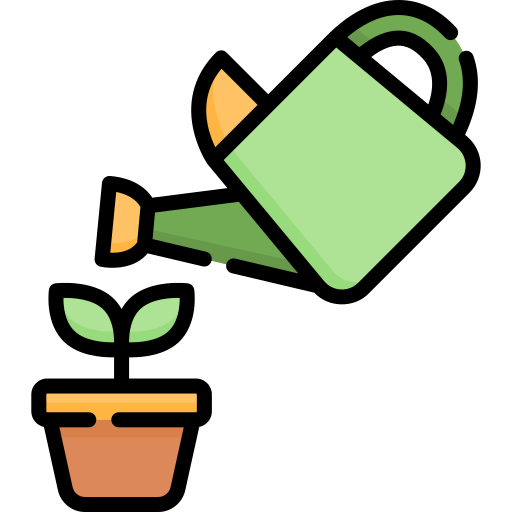
These 3 botany degree careers will give you some great options to choose from to help you love plants for life!
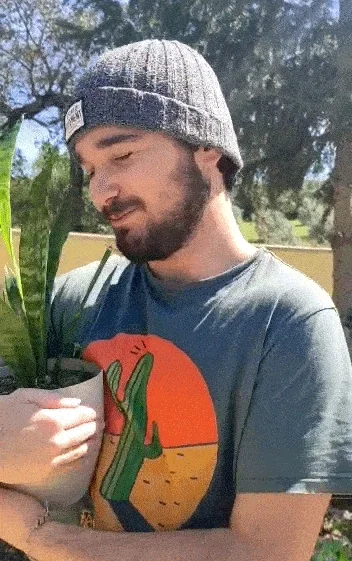
1. Plant Scientist
Credentials Needed
To become a plant scientist, you'll need a bachelor's degree in agricultural science, biology, or botany. If you'd like to conduct research at a university or teach at a post-secondary level, you should also get a Master's or Doctorate degree.
Skills and Experiences Needed
You can increase your job prospects by being certified by The Soil Science Society of America, or by completing volunteer work and internships.
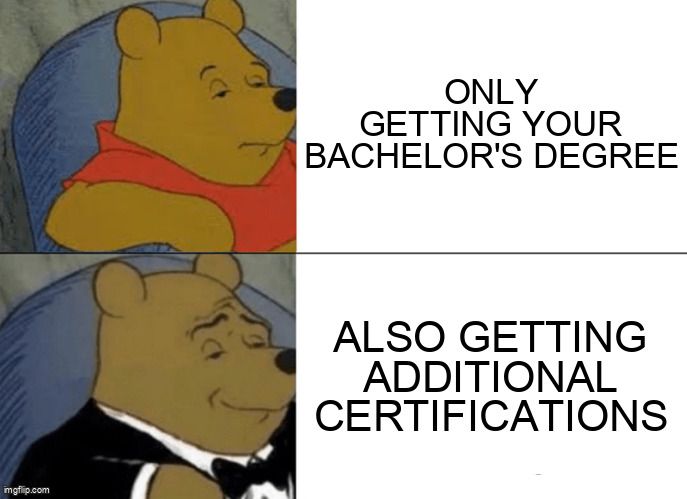
2. Environmental Scientist
Your Responsibilities May Include:
collect environmental data from samples of air, soil, water, food, and other materials
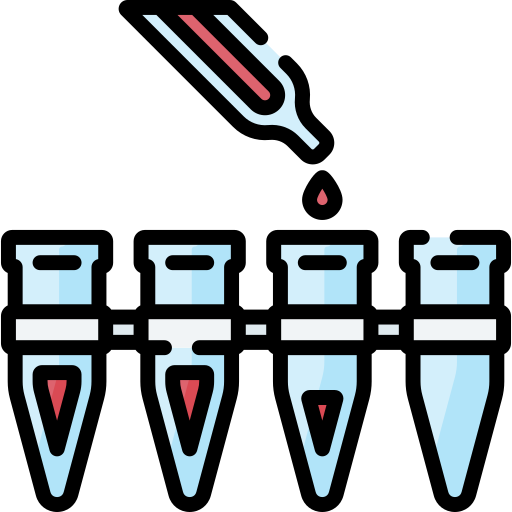
develop plans to prevent, control, or fix environmental problems

prepare reports to explain research results

guide government officials, businesses, and the general public to be environmentally safe

Skills and Experiences Needed
Volunteering never hurts! There are a lot of environmental initiatives that you can volunteer with that'll look good on a resume when you apply for an environmental scientist position.

If you really want to stand out to future employers, you should consider gaining skills like computer modelling, data analysis, and Geographic Information Systems (GISs), which you can obtain through courses, micro-credentials, and internships.
What to Expect in this Field
Environmental scientists and specialists work in offices and laboratories, most often in a 9 am to 5 pm day. The median pay in May of 2022 was $76,480 for a full-time, salaried position.
Some environmental scientists may spend time in the field gathering data and monitoring environmental conditions firsthand, while others may work in the office, understanding the collected data and presenting it.
3. Biostatistician
Credentials Needed
Research shows that nearly 87% of biostatisticians have an advanced degree, so consider doing a graduate certificate or degree after your bachelor's degree!

Skills and Experiences Needed
To become a biostatistician, take courses in statistics and biology, and find courses and volunteer opportunities to get research experience. If it's offered at your university or college, take courses in biostatistics.
What to Expect in this Field
This career doesn’t involve much travel, and asks people to work in the same office every day. The median pay in 2022 was $80,340 for a full-time, salaried position.

Biostatisticians must be detail-oriented to make sure they don't make errors with the data. While there's not a lot of variety with this work, as it's usually very computer-based, the projects will be different from time to time.
Quiz
Your friend, Diane, is struggling to decide on a career after completing her botany bachelor's degree. She enjoys physical work, but can also do office work if she is interpreting her field work. What career would you recommend for Diane?
Diane should be an Environmental Scientist! This is because a lot of Plant Scientist positions are primarily field work with very little office work, and Biostatisticians only work in the office. So, if Diane wants to be able to have a bit of both, she might enjoy being an Environmental Scientist!
Take Action
When your friends and family ask you, "What can you do with a botany degree?", you now have some options to share with them.

Take a look at these next steps to help you in your search for a career in botany:
This Byte has been authored by
Adam Palczewski
LMS Administrator
